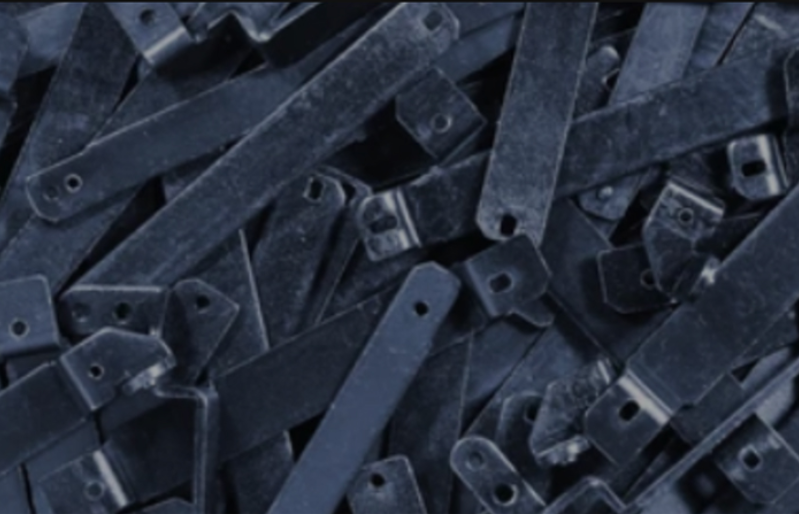The world of die casting products is a fascinating one, where precision and accuracy are key. Die casting is a manufacturing process that involves injecting molten metal into a steel mold or die. The mold is then cooled and solidified, and the finished product is ejected from the mold. This process is used to create a wide variety of products, from small electronic components to large automotive parts.
One of the benefits of die casting is that it allows for the creation of complex shapes and designs. The mold can be designed to include intricate details and features, which can then be replicated in each cast piece. This level of precision is difficult to achieve with other manufacturing processes, making die casting an attractive option for many industries.
Another advantage of die casting is its efficiency. The process is fast and repeatable, meaning that large quantities of products can be produced quickly and consistently. This is particularly important for industries such as automotive and aerospace, where high volumes of parts are required on a regular basis.
Die casting also offers a range of material options. The most common metals used in die casting are aluminum, zinc, and magnesium. Each material has its own unique properties and benefits, and the choice of material will depend on the specific requirements of each product.
Aluminum is a popular choice for die casting because it is lightweight, strong, and corrosion-resistant. It is also easy to machine and can be finished with a variety of coatings and treatments. Zinc, on the other hand, is known for its excellent strength and durability. It is also highly conductive, making it an ideal material for electrical components. Magnesium is the lightest of the three metals and has a high strength-to-weight ratio. It is often used in automotive and aerospace applications where weight is a critical factor.
One of the challenges of die casting is ensuring that each cast piece is free from defects or imperfections. Common defects include porosity, shrinkage, and flash. Porosity occurs when air pockets are trapped in the metal during the casting process, while shrinkage happens when the metal cools and contracts, causing small voids to form. Flash is a thin layer of excess metal that forms around the edges of the mold.

To minimize these defects, die casting companies use a range of techniques and technologies. One such technique is vacuum casting, which involves creating a vacuum in the mold to remove any trapped air. Another is high-pressure casting, which uses high pressure to force the molten metal into the mold, resulting in a denser, more uniform metal structure.
In conclusion, die casting is a versatile and efficient manufacturing process that offers a range of benefits to many different industries. From its ability to create complex shapes and designs to its range of material options and efficiency, it is a valuable tool for producing high-quality products. While there are challenges in ensuring precision and accuracy, die casting companies continue to innovate and refine their processes to meet the demands of their customers.
-

- Magnesium alloy die-casting Auto parts controller housing
-

- Custom-made metal parts macbook middle board produced
-

- Thixomolding parts & components cell phone middle board processed
-

- High precision magnesium thixomolding components UAV cover
-

- Magnesium alloy die-casting Auto parts Front bumper Anti-collision beam
-

- Magensium mountain bike frame

 0086-750-5616188
0086-750-5616188 +86 13392089688
+86 13392089688 sales@zhongmei-tech.com
sales@zhongmei-tech.com







